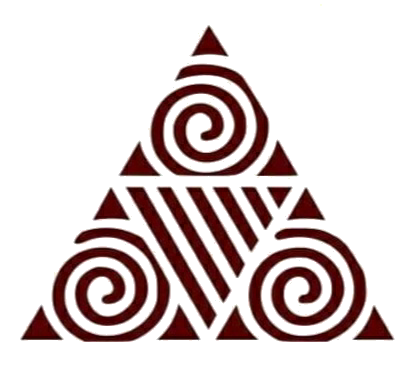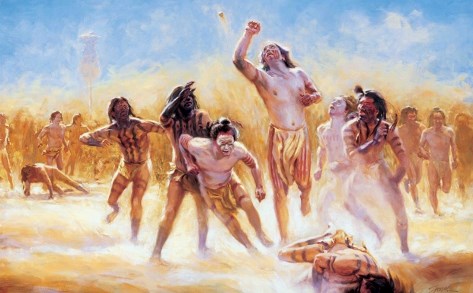
Legend of the Ball Game
In long ago days when all Apalachee were non-Christian there were two chiefs who lived in neighboring villages. One was named Ochuna Nicoguadca, signifying the lightning bolt. The other was Ytonanslac, a wise and elderly man identified with another of the Apalachee’s gods. Ytonanslac had an orphaned granddaughter, Nicotaijulo, whose name meant “woman of the sun.” The village leaders sent her to fetch water every day. In the course of this employment, she became pregnant in some extraordinary way and gave birth to a son who she hid among some bushes. There, the panther, the bear, and the blue jay found him. They brought the child to his grandfather, Ytonanslac, telling him how his granddaughter, Nicotaijulo, had given birth to the child. Ytonanslac ordered them not to tell anyone else about the child, whom he called Chita.
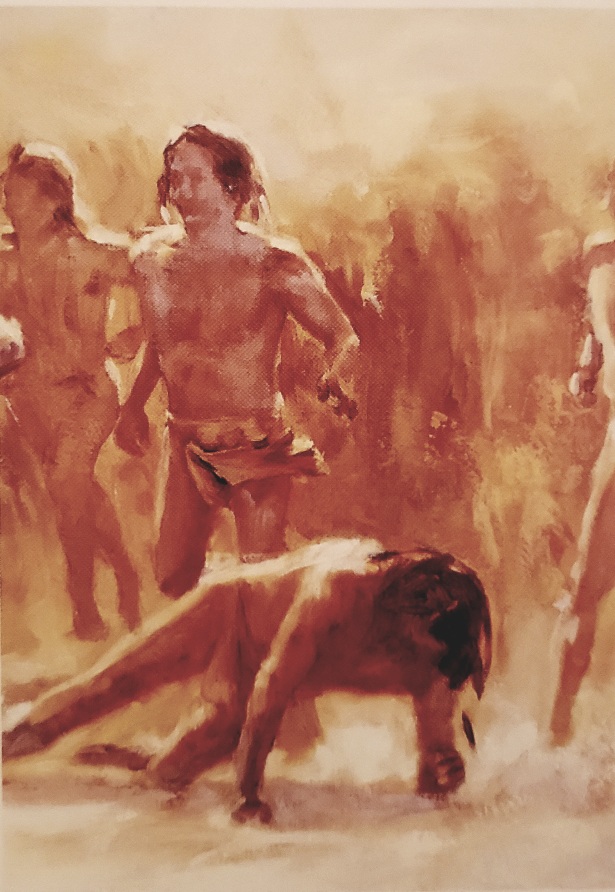
Ytonanslac reared the child in his house until the age of twelve, at which time his named was changed to Oclafi, meaning “lord of water.” In his twentieth year that name was taken from him and he was given the name Eslafiayupi, the meaning of the name is unknown. As Eslafiayupi grew into manhood, he excelled in courage, in his skill with bow and arrow, and in “chunkey,” a game played since the origin of time by all the southwestern tribes. Because of this renown, he attracted the attention of Ochuna Nicoguadca who thought that he might be the son of Nicotaijulo. This concerned Ochuna particularly because his shamans had foretold that someday a son born to Nicotaijulo was destined to kill him. In order to learn if Eslafiayupi was the man, Ochuna tried to see if he might kill him by presenting three challenges which involved great danger.
Eslafiayupi’s grandfather, Ytonanslac, aware of those predictions, told his grandson that before he accepted and acted on any orders or challenges, he should tell him about them. Accordingly, Eslafiayupi did so when Ochuna gave him the first order, which was that he should go to a certain large and very deep sinkhole to obtain raw flint for arrowheads. On being told of this, the grandfather said to him “Son, this spring is very deep. You cannot obtain flint from it without risking your life.” He then gave Eslafiayupi some special beads made of shell and told him to give the beads to a little bird he would find diving there and ask the bird to get the flint for him. The grandson did so and thus received the flint and brought it to Ochuna Nicoguadca.
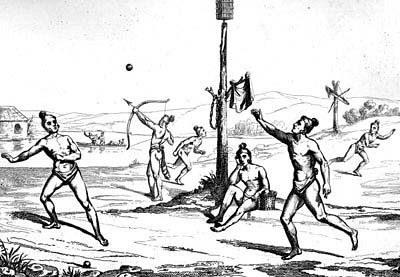
Ochuna Nicoguadca then gave his suspected nemesis two more dangerous tasks to preform. Eslafiayupi was to bring canes for arrow shafts from a certain canebrake which was filled with venomous snakes, and some fledgling eagles from a certain treetop nest. When the young rival, aided by the advice of his grandfather, returned successful and unscathed from those two ventures, Ochuna Nicoguadca concluded that he could not kill the young man in this fashion because of special powers that he possessed. He then arranged that they should play the first ball game.
On the day appointed for the game, Ytonanslac’s team entered the plaza of Ochuna Nicoguadca’s village. On being asked if their team was at full strength, Ytonanslac’s team replied no, that they were short so many people. Their rivals told them to choose those needed from some young men from Ytonanslac’s village who were present there. Among them was Eslafiayupi, who gave the appearance of being ill, leaning up against a post, wrapped in a cloak made of feathers. Upon Eslafiayupi entering the game, the battle had begun and when those of Ytonanslac had reached seven, Eslafiayupi let out a thunder-like roar and all were terrified. Eslafiayupi was recognized to be Nicoguadca, the lightning-flash born of the sun whose name is Nico, and of Nicotaijulo or woman of the sun.
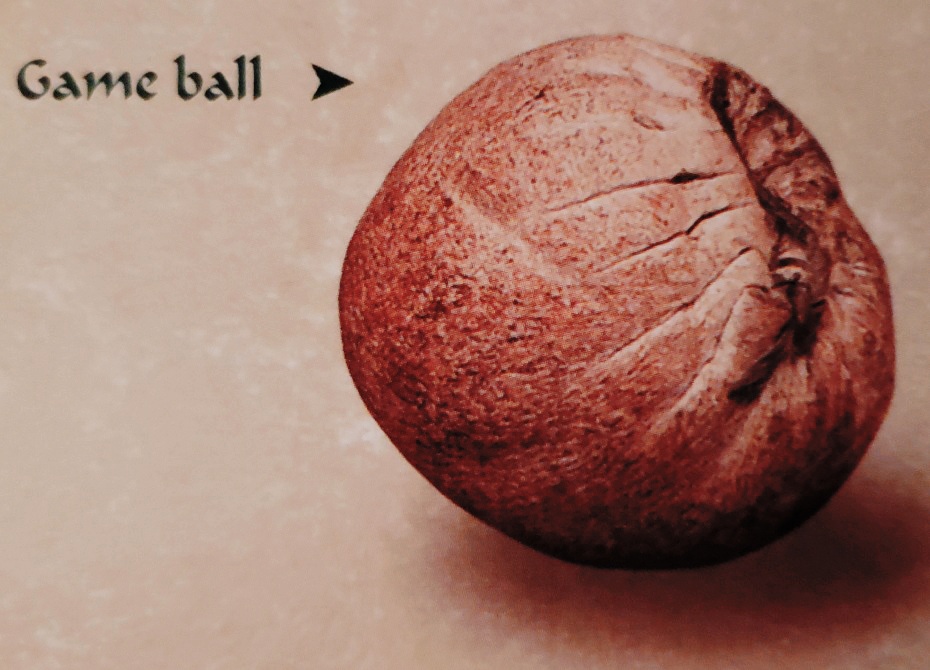
Ever since the first game, it remained an omen that the first team to reach seven points would win because Nicoguadca wax on their side. The opposing team always lost heart at that point, making the prophecy self-fulfilling.
The story of the ball game’s origin ended thus. When Eslafiayupi-Nicoguadca wished to die, he called together all his leaders to inform them that he was going to die and told them that whoever wished to becom Nicoguadca and remain in his place had to kill seven tascaias (ordinary warriors) and three hitas tascaias (warriors of a higher category). He then instructed his subjects that as soon as he died, they should put his body in some big pots along with squash, melon, and watermelon, and fill them with water so that he might be converted into steam. In this way, he might remember them and return to give them water when they had planted their fields. He said to them “When you hear it thunder, it is a sign that I am coming.”
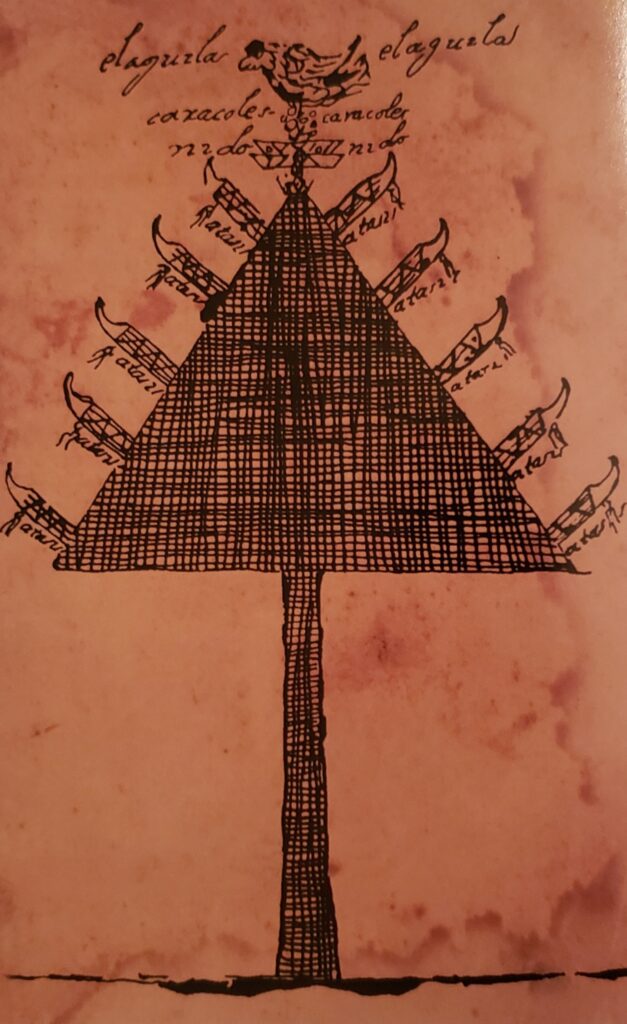
And thus did Nicoguadca go they say and he did what he promised. And up to the present they, and especially the older ones, continue to believe that when it thundered, Eslafiayupi was on his way to give them water.
(The Apalachee Indians and Mission San Luis, pg. 130 & 131, Hann/McEwan)
